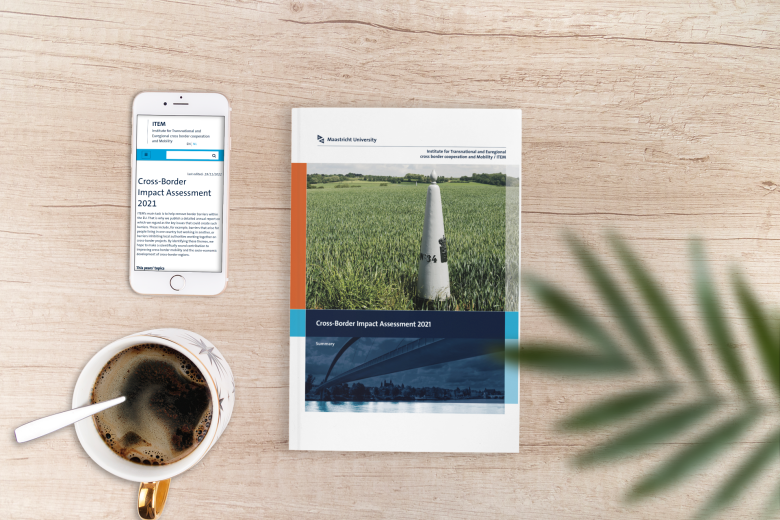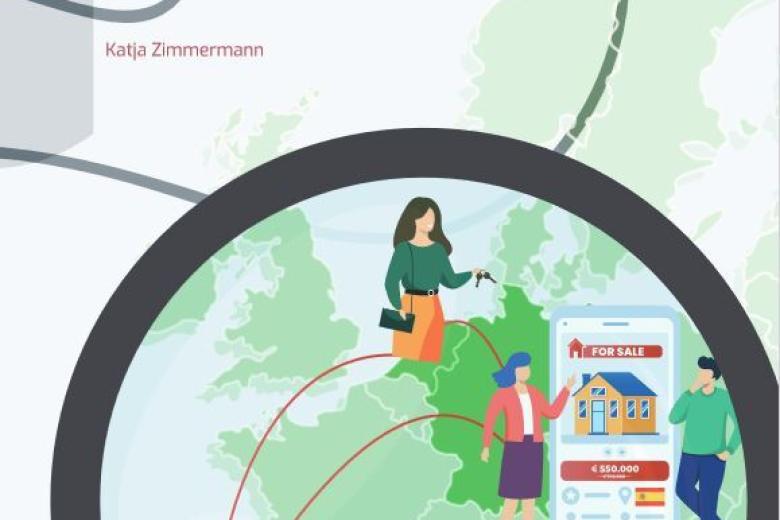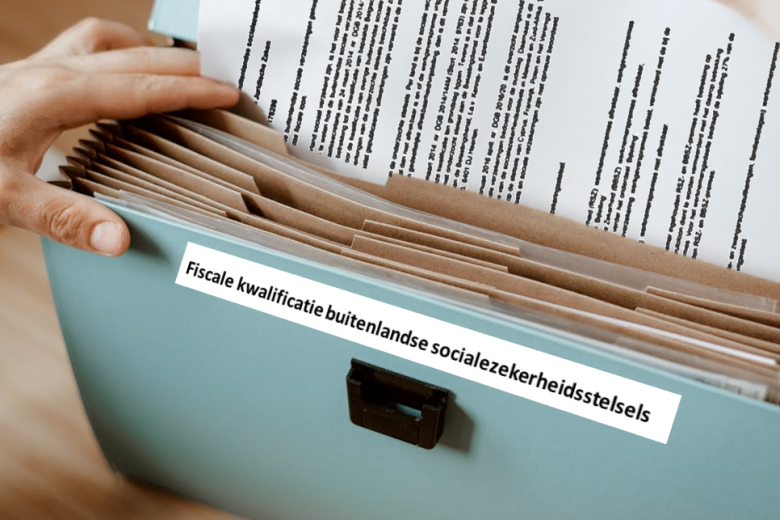Myth: Brussels imposes nothing but annoying measures
Law researcher and scientific coordinator at the ITEM Expertise centre Dr. Alexander Hoogenboom featured in Observant Magazine on whether the EU only produces annoying regulation.
In the article Hoogenboom addresses the myth whether or not the European Union only imposes annoying measures and provides examples that demonstrate why that misconception continues to exist.
In short Hoogenboom proposes that tension between the European institutions and national politicians, as well as misleading media coverage could be a cause of the continuous misconception.
“The fact that there is a maximum number of hours in a week that you are allowed to work, that web shops are compelled to provide you with the option to return your purchase within seven days, that our tap water must meet certain requirements. This all sounds very Dutch, but it is in fact European legislation. This European ‘origin’ gets lost in news coverage.”
Read the whole article via the link below:
Dr. Alexander Hoogenboom is connected to the Faculty of Law and is currently employed as scientific coordinator for the Institute for Transnational and Euregional cross-border cooperation and Mobility (ITEM) where he is tasked with the development of the ITEM databank, coordinates grant applications and the ITEM casuistry.
Also read
-
ITEM Cross-Border Impact Assessment 2021 published
Due to the Corona crisis, also many cross-border workers are forced to work in their home country. They have been asked not to cross the border to come to their office situated in the neighbouring country. At the moment, this is only possible because the Dutch, Belgian and German governments have...
-
Success factors for cross-border real estate transactions: information and patience
Buying a house abroad, with the complex procedures of rules and formalities that apply in the world of real estate transactions, one might wonder: what obstacles might I encounter? In her dissertation, Katja Zimmermann examined the operation and obstacles of various land registration systems. Her...
-
ITEM focal point taken up: addition to Dutch qualification policy for German social insurance schemes
The Dutch Ministry of Finance has updated the guideline on the tax qualification policy of foreign social security schemes. According to expertise centre ITEM, the addition concerning certain German social insurances is a positive development, which is in line with their vision and commitment in...